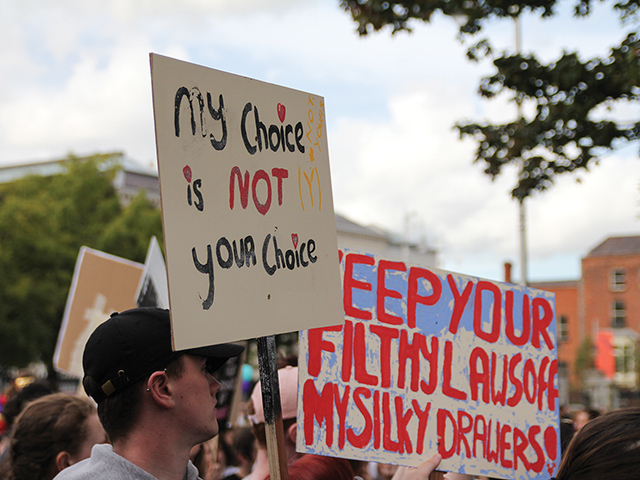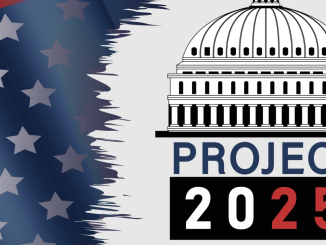
The results are in and the people have stated that they want to keep the Seanad. Not, however, the rotten borough that the Seanad currently is, but a reformed chamber. Not one advocate on the No side of the debate, including those of us in Democracy Matters, argued for retention of the Seanad in its current form.
When the Taoiseach began his campaign to abolish the Seanad he stated that “we are in favour of abolition because the Seanad has not worked and cannot work”. In the immediate aftermath of the defeat of his own initiative, the Taoiseach did say that he would now reflect on the decision of the people and consider the next step to take in relation to what to do to the Seanad.
That step came at the recent Fine Gael National Conference where the Taoiseach stated that he intended to discuss a variety of reform options with other political leaders in the coming weeks and “as a small first step, I have asked that legislation be prepared to give effect to the 1979 decision of the Irish people to extend the Seanad electorate to all graduates.”
So 34 years after a referendum of the people allowed for the six university seats to be decided by the graduates of all third-level institutions it looks like this sovereign decision of the people is to finally be legislated for. While this is welcome it is really political tragedy dressed up as farce. Constitutions should mean something in democratic societies. Decisions solemnly taken in referendums should be legislated for pretty much straightaway and not be simply left in abeyance as was the case with the 1979 referendum.
The role of the Seanad is basically to act as a balance to the Dáil and to give representation to particular areas and interest groups. To this extent 49 of the sixty members of the Senate are directly elected. The other 11 are nominees of the Taoiseach of the day. 43 are elected via the vocational panel route, of whom the electorate consists of members of the Dáil, Senate, county and borough councils.
The other six are elected via the university route of which the electorate consists of graduates of Trinity College, Dublin and the constituent colleges of the National University of Ireland. The university panel is split up into two, with Trinity and the NUI entitled to three senators each. Thus graduates of DCU, UL and the Institutes of Technology are all without a vote. There are no objective reasons of any kind – size, status, or constitutional prohibition – to justify this position.
For close on two decades I have been campaigning for DCU graduates to gain a Seanad vote as is their constitutional entitlement. In that context I should theoretically be delighted with the Taoiseach’s announcement to extend the Seanad franchise to all graduates. In one way I am but in another I feel that the government can do so much more to make the Seanad relevant to all the people of Ireland.
There is no question that the Seanad as it currently exists is elitist. While extending the franchise to all third-level graduates will go some way towards alleviating this situation it is not enough. With its defeat in the Seanad referendum the government now has a great opportunity to fundamentally reform the way politics in this country operates.
But simply extending the franchise of the University seats as per the 1979 referendum is not enough anymore.
The demand for political reform is too great. There is a crisis of legitimacy in the Seanad that can be swiftly resolved by extending the franchise to all the citizens of the state, those in Northern Ireland who hold Irish passports, and our emigrants. That would be one way of showing that the Irish state cherishes all its citizens equally. It can also be done without recourse to another referendum. All it needs is political will to enact legislation before the next Seanad election to ensure all Irish citizens have a say in their second house.
The separate bills drafted by Feargal Quinn and Katherine Zappone, John Crown, and the report on Seanad reform chaired by Mary O’Rourke in 2004, and shamefully ignored by the political elite at the time and ever since, all advocating universal suffrage, would be good places to start. We also need a finish though and we need it quick.
Over to you Taoiseach.
Professor Gary Murphy is Head of the School of Law and Government and a member of Democracy Matters, the civic society group which advocated for a no vote in the Seanad abolition referendum




Leave a Reply